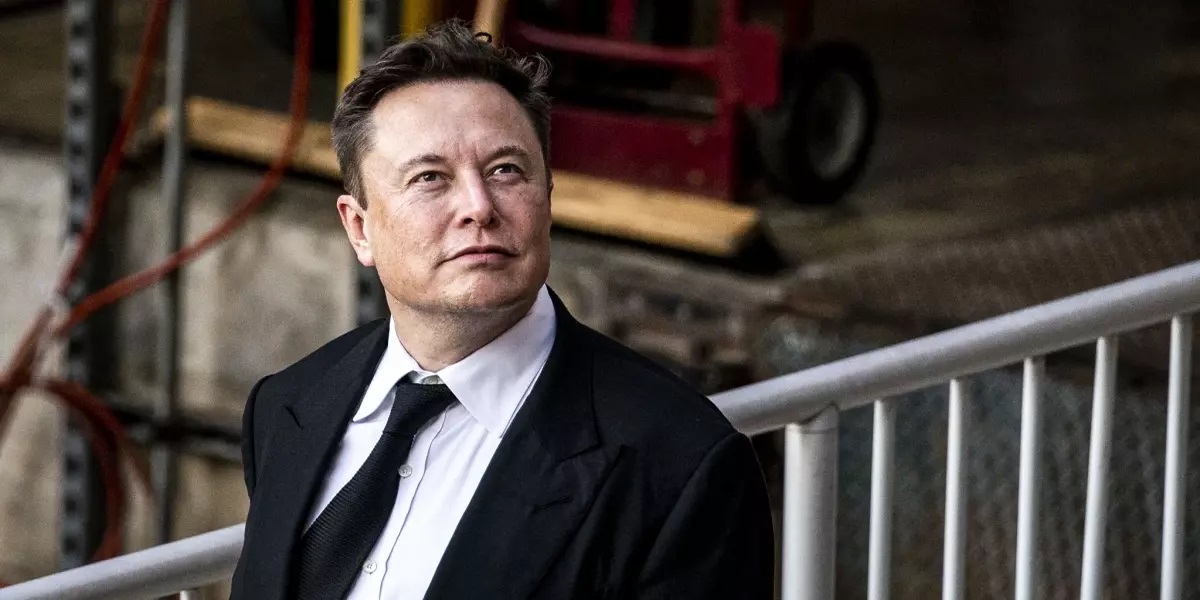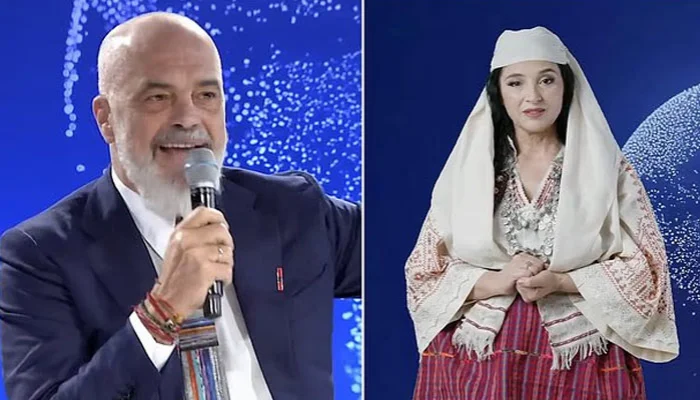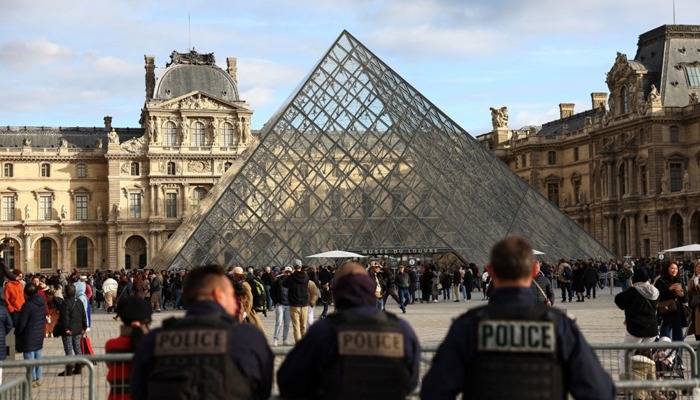Elon Musk conducted a poll on Twitter on March 24, weeks before he offered to acquire the social media platform: “Twitter algorithm should be open source,” he said, with choices for users to vote “yes” or “no.”

Some of Twitter’s technology is already open source, which means it may be seen, reworked, and used for other purposes by anybody. But, in essence, Musk was asking if the rules that computers use to select what you see in your Twitter (TWTR) feed should be made public as well. By the time the poll concluded, over a million ballots had been cast, with an overwhelming majority of “yes” votes (82.7 percent ).
Last week, the significance of Musk’s statement and poll gained fresh weight when the Tesla (TSLA) and SpaceX CEO stated that he had offered to acquire all of Twitter’s shares that he didn’t already hold in a transaction for $41 billion. On Friday, Twitter’s board of directors adopted a “poison pill” provision that might make Musk’s acquisition of the firm more difficult.
Musk has stated that if the transaction goes through, his objective is to “unlock” Twitter’s “amazing potential,” although his ideas for specific modifications to do this are arguably ambiguous. He’s put a lot of effort into promoting free expression on the site, and his recommendation for algorithms is a big part of that.
Musk reiterated the concept of open-sourcing Twitter’s algorithms during an on-stage speech at the TED conference in Vancouver only hours after making his offer to purchase the company. He also believes that any actions done by Twitter that affect what you tweet, such as choices to amplify or de-emphasize messages, should be made transparent to users.
“There’s no type of behind-the-scenes manipulation, either algorithmically or manually,” he stated at TED. The TED crowd erupted in applause in response. (Twitter does add labels to tweets for a variety of reasons, including if a message includes inaccurate information or if a post breaks the social network’s rules but is kept available because it is “in the public interest.”)
Musk isn’t the only one who wants tech companies to be more open about their algorithms. Following the publication of the Facebook Papers in 2021, which demonstrated how algorithms may foment division and lead users down hazardous rabbit holes, there has been increased attention of the algorithms that are rapidly dominating our lives. Additionally, Twitter cofounder and former CEO Jack Dorsey has advocated for more user control on the social media platform, including replying to Musk’s poll by quote-tweeting it and adding his own comment: “The decision of which algorithm to employ (or not) should be available to everyone.”
You’re also employing an algorithm if you opt to read tweets in order of when they were posted on Twitter.
However, according to artificial intelligence and open-source software specialists, making the algorithms that affect what you see on Twitter public won’t do anything to make Twitter a more transparent corporation. Even if it finally helps to alleviate critics’ concerns about Twitter’s content enforcement operations, proceeding in this approach might expose Twitter to new risks.


















